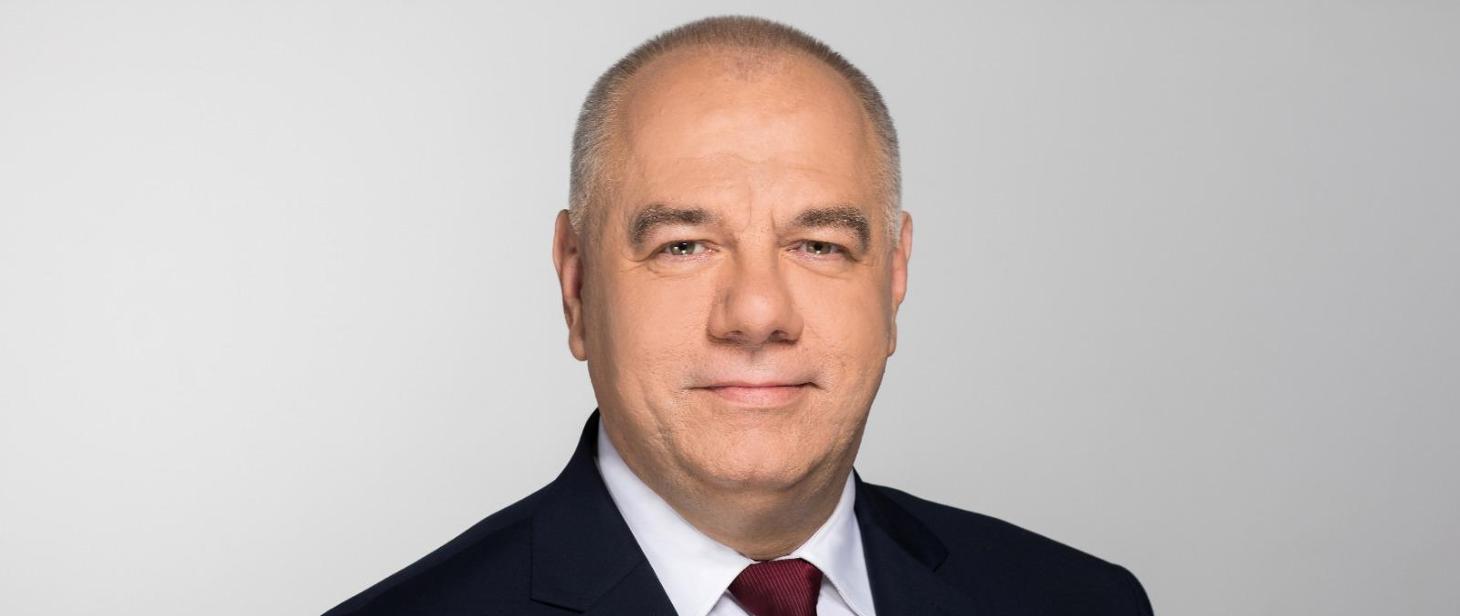„Poland has been chosen by the Korean government as a country with which they want to start large-scale economic cooperation. For them, it is about building a strong foothold for further expansion in Europe. I emphasize that this is not only about energy, but also about armaments,” says Minister of State Assets Jacek Sasin in an interview with BiznesAlert.pl.
BiznesAlert.pl: The government chose a partner for the construction of Poland’s first nuclear power plant. At the same time, a letter of intent was signed in Seoul, which concerns a second, parallel nuclear project. Is Poland capable of carrying out two nuclear projects at once?
Jacek Sasin: Fortunately, there is no such problem. Your question and the related concern would, of course, be right if the state was to take on all the expenditure related to both nuclear investments. Fortunately, that’s not the case. Yes, the state will be financially involved in the nuclear investment carried out as part of the government project. However, the plan to build a nuclear power plant in partnership with the Koreans is a business venture carried out in parallel with the government program. The state will not be involved in the implementation of this project, which, of course, does not change the fact that it is strongly supported by both the Polish and Korean governments.
The Koreans announced they would contribute capital. Is there anything more we can share about this?
It is too early to discuss the details of the financial offer. During my talks in Korea, however, there were strong assurances on this issue. KHNP unequivocally declares a strong capital commitment to the Pątnow power plant construction project. More details will be revealed only after the feasability study has been conducted, which is to be published by the end of the year. Then we will have more information about the cost estimate, schedule and financing model. This, in turn, will allow the companies to make more precise financial arrangements. One thing is certain – this is a win-win project, in which each side is victorious. At the moment we are talking about two reactors in the first stage, but in the future up to four are possible.
What are the prospects for Westinghouse and KHNP reaching an agreement in the dispute over technology transfer to Poland?
These companies are dependent on each other, so I can’t imagine them not coming to an agreement. I consistently emphasize that this is a matter between these companies and they must solve this problem before deciding on Pątnów. The involvement of the US and Korean governments can help. I asked U.S. Secretary of Energy Jennifer Granholm to engage. This is too strategic a topic to leave it politically unattended.
You also talked to Korea’s Defence Minister. We have military contracts with this country. Is the construction of the nuclear power plant with the Koreans a tying arrangement?
The choice of a partner for such a strategic project depends on many factors. Of course, these two issues should not be linked directly. It is no coincidence, however, that both the United States and Korea cooperate with us very intensively in the field of armaments. Considering a war is taking place at our border, such cooperation is crucial for us. During my meeting with Minister Lee Chang-Yang, it was very clear that in the coming years we will have joint economic projects with Korea. We are already cooperating in the chemical industry, in the arms industry, and soon, I am convinced, also in the field of nuclear energy. As far as I know, the partners who signed the letter of intent have already done a lot of work in this area, and after completing the feasibility study, we will learn even more. We are also striking the iron while it’s hot. Soon I will be meeting in Warsaw with representatives of the KHNP, so we will continue the conversation about the atom. Our meeting is scheduled for November 9th. The door is open to talk about hydrogen, batteries and electricity. When we know where we stand after Pątnów’s fate has been decided, we will proceed with the talks on Korea’s economic engagement.
What are the prospects for developing broader economic and military cooperation with Korea?
Huge. Many industries are promising. As for military cooperation, it is clear that even if I had more information on this subject, I could not share it. However, we are talking about the transfer of state-of-the-art technologies, both in the case of military and nuclear cooperation. I don’t think anyone needs to be told how important this is for our economy and for our defense.
What role can Poland play in KHNP’s regional plans?
After the talks in Seoul, I have the impression that the Korean side takes investing in Poland extremely seriously and even treats it as a matter of prestige. When I was on the train to the Shin Kori power plant, I saw some Korean newspapers. Most of the front pages featured the start of cooperation on nuclear power with us. Minister Lee Chang-Yang was open about why Poland was chosen by the Korean government as a country with which they want to start large-scale economic cooperation. For them, it is about building a strong foothold for further expansion in Europe. I emphasize that this is not only about energy, but also the armed forces. The Koreans are determined to invest in this cooperation. As for the power plant, I do not see any major threats to this project. It only remains to confirm the location in Pątnów in geological terms and wait for the end of the KHNP-Westinghouse dispute, and then cheer the companies on. In about two months, everything should be clear, and PGE will be in charge of communication on this topic.
Interview by Wojciech Jakóbik









